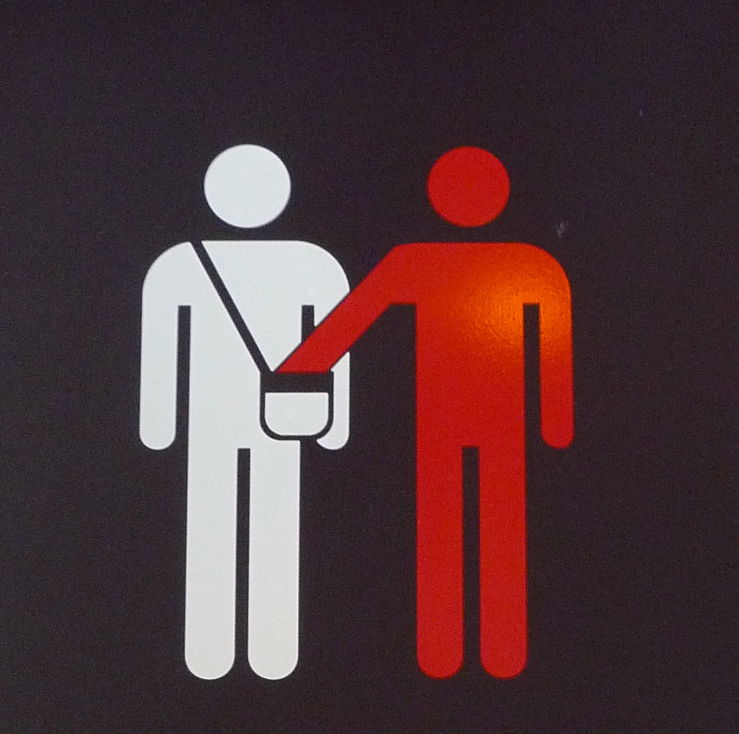When there’s a joint bank account and a bankruptcy filing, good intentions can quickly go sour.
The bankruptcy trustee sees a pile of money in the bank to which the debtor has access, even though the account also bears the name of someone not in bankruptcy.
If the debtor can get the money, the trustee contends, so can a bankruptcy trustee for the benefit of creditors.
Well and good, if the money belongs to the debtor. But what if it’s really someone else’s money?
Do it yourself elder care
Who doesn’t have a joint bank account with someone they care about?
Most often, it’s the adult child’s name on an elder’s bank account. It’s simple, convenient, and reassuring that if the elder loses capacity, a trusted party has access to pay the elder’s bills.
But if the trusted party loses a lawsuit, or files bankruptcy, all bets are off. The elder’s money in a joint account looks like money that belongs to the child.
And the elder’s funds are at risk of being seized to pay someone else’s debts.
Who gets the cash?
The answer lies in state law, since state law determines what the debtor owns, while bankruptcy law determines what happens to that property.
In California, the answer lies in Probate Code 5100 and the statutes following.
“[a]n account belongs, during the lifetime of all parties, to the parties in proportion to the net contributions by each to the sums on deposit, unless there is clear and convincing evidence of a different intent.” (Cal Probate Code, § 5301, subd. (a))1“In the absence of proof otherwise” the net contribution of each of the parties is deemed to be an equal amount. § 5134, subd. (b)(2).
Avoid a fight over joint bank account
More important than who wins a legal battle is the chance to skip the fight altogether.
Debtors need to disclose joint accounts to their attorneys. Don’t fall into the “it’s not my money” trap and keep quiet about it. As I said, that’s a trap.
Attorneys need to quiz their clients about such arrangements and get all the bank account statements. See what the situation will look like to the trustee.
Know what state law says on the subject.
Consider, if the money in fact is traceable to someone other than the debtor, having that person withdraw it from the joint account before filing.
Make it your goal not to have someone else’s money in an bank account to which the bankruptcy debtor has access.
All involved might consider use of a revocable trust as a vehicle for the elder to empower another to manage their money in the face of incapacity.
This post draws on the always-comprehensive observations of Oakland bankruptcy attorney Larry Szabo. Thanks, Larry, for your boundless willingness to share.
More
California deed passes property without probate
Danger lies in do-it-yourself estate planning
Image courtesy of Flickr & Duncan Hull






